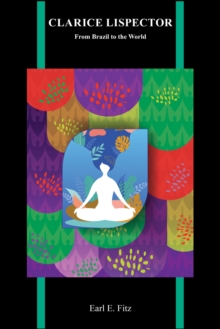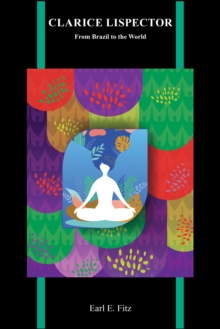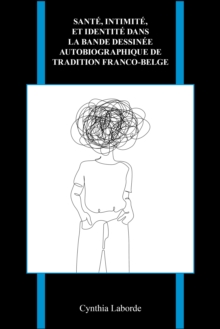
Crisis y Reemergencia : El Siglo XIX en la Ficcion Contemporanea de Argentina, Chile y Uruguay (1980-2001) Paperback / softback
by Veronica Garibotto
Part of the Purdue Studies in Romance Literatures series
Paperback / softback
Description
In the last decades—and especially since the 1990s—there has been a noticeable reemergence of the nineteenth century in Southern Cone culture.
Popular nineteenth-century figures (indios, gauchos, letrados, and cautivas) have reentered the national literary scene in Argentina, Chile, and Uruguay.
Nineteenth-century heroes such as San MartÃn and Artigas are again the main protagonists of Southern Cone theater, film, and literature.
Canonical nineteenth-century texts (La cautiva, MartÃn Fierro, Facundo) are being rewritten one more time in different artistic fields.
Foundational nineteenth-century genres (travel narratives, gauchesque poems, and national romances) are being transformed and recycled.
Controversial nineteenth-century events (the civil wars, the massacre of indigenous communities) are being revisited and explored.
Through a combination of close textual analysis and a broader perspective rooted in cultural theory, this book answers two interrelated questions: Why did the nineteenth century resurface so strongly in the last decades?
What are the ideological implications of this reemergence?Based on a transnational comparison of Argentina, Chile, and Uruguay, and a survey of narratives that were mostly produced by well-known figures (political activists, public intellectuals, and canonical authors), Crisis y Reemergencia helps to elucidate how the Southern Cone cultural field has changed since the 1990s: how intellectuals’ ethics, national identities, and discursive strategies that were functional to the consolidation of liberalism in the nineteenth century have been challenged, transformed, and rethought in the last decades.
Borrowing from cultural Marxism, discourse analysis, and postcolonial theory, the book pursues a triple contribution: to define the discursive and ideological components that were at the core of the nineteenth century, to show their continuity up to the 1990s (and thus clarify the connections between liberalism and neoliberalism), and to expose their recent transformation—a transformation that paved the way for the “return of the political†to the region.
Information
-
Available to Order - This title is available to order, with delivery expected within 2 weeks
- Format:Paperback / softback
- Pages:262 pages
- Publisher:Purdue University Press
- Publication Date:30/08/2015
- Category:
- ISBN:9781557537157
Information
-
Available to Order - This title is available to order, with delivery expected within 2 weeks
- Format:Paperback / softback
- Pages:262 pages
- Publisher:Purdue University Press
- Publication Date:30/08/2015
- Category:
- ISBN:9781557537157










